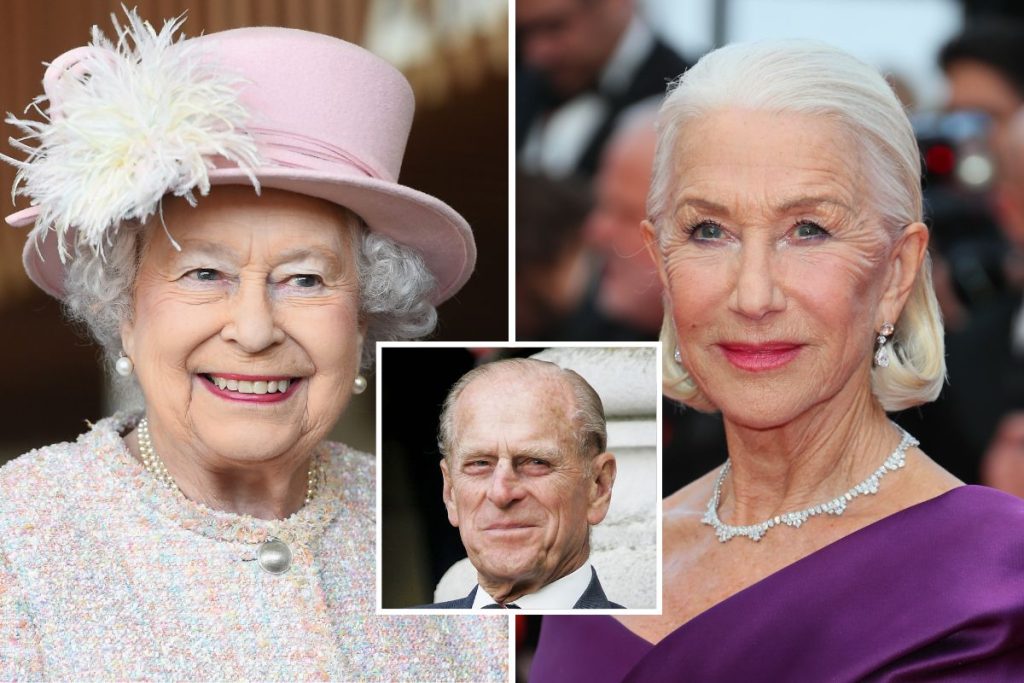Gyles Brandreth, a royal biographer, recently claimed that the late Prince Philip refused to watch the 2006 film The Queen due to what he felt was an inaccurate portrayal of his wife, Queen Elizabeth II. The film, directed by Stephen Frears and written by Peter Morgan, follows the royal family after the death of Princess Diana using real archive footage to reconstruct events leading up to the crash. Helen Mirren’s portrayal of the queen won her an Academy Award for Best Actress. Brandreth revealed this information during a podcast episode with Terry Pendry, who worked closely with the queen for over 28 years.
During the episode, Brandreth recounted a tense conversation he had with Prince Philip about the movie, in which the duke expressed his irritation and refusal to watch it. Brandreth mentioned that Philip took issue with the portrayal of the queen crying in the film, stating that the queen doesn’t cry. Pendry agreed, describing the queen as a self-contained person who has always maintained her composure even in the face of difficult situations. He attributed this inner strength to her faith and resolute character. The podcast shed light on the royal family’s perspective on how their lives are portrayed in popular media.
Queen Elizabeth II passed away on September 8, 2022, marking the second anniversary of her death. The news of her peaceful passing at Balmoral came just 17 months after Prince Philip’s death in April 2021. Throughout her reign, the queen has been the subject of various movies and series, including the critically acclaimed Netflix show The Crown. The six-season series chronicled her life and reign, receiving both praise and criticism for its depiction of real events and characters. While some royals, like Prince William, are opposed to such portrayals, others, like Prince Harry, acknowledge the fictionalized elements while recognizing the overall message.
Prince William, in particular, has been vocal about his distaste for fictionalized portrayals of his family, such as The Crown. Despite acknowledging that the show is not strictly accurate, he prefers not to engage with it publicly to avoid giving it more attention. In contrast, Prince Harry has taken a more accepting approach, noting that while the show is not entirely factual, it conveys a general idea of the pressures and challenges faced by the royal family. His willingness to engage with the show as a work of fiction contrasts with his aversion to media reports that present fiction as fact. The royal family’s responses to popular depictions of their lives reflect their efforts to maintain a balance between public scrutiny and personal privacy.
Overall, Gyles Brandreth’s revelations about Prince Philip’s refusal to watch The Queen shed light on the royal family’s perspective on how they are portrayed in popular media. The discussion during the podcast episode with Terry Pendry provided insights into the queen’s character, emphasizing her self-contained nature and inner strength. As the royal family navigates public attention and scrutiny, their responses to fictionalized portrayals like The Crown vary, reflecting the complexities of balancing duty, family, and privacy in a world where their lives are constantly under the spotlight.


